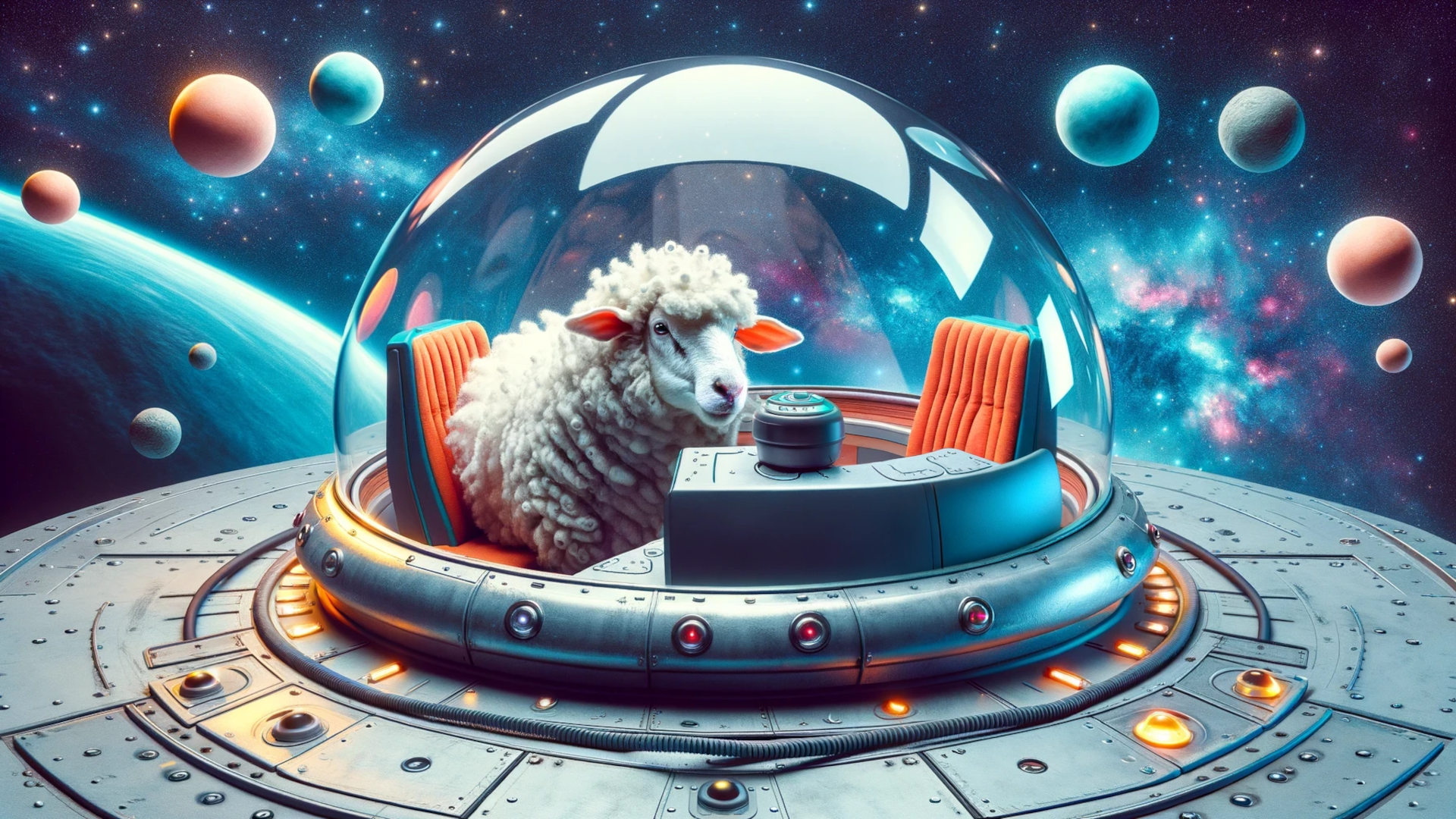The internet is on the cusp of a new transformation. After the static pages of the PC Web and the mobile app explosion of the last decade, a third era is emerging – one defined not by humans clicking links or scrolling feeds, but by autonomous AI agents acting on our behalf. Researchers are calling...
Tag: Agents
12-Factor Agents: A Blueprint for Reliable LLM Applications
Generative AI’s “agent” craze promised software that could reason and act autonomously, but early reality didn’t live up to the hype. Many teams found that beyond impressive demos, these AI agents often hit a wall around 70–80% reliability – prone to looping, making malformed tool calls, or losing track of state . Dex Horthy, an...
Coding for AI Agents vs. Coding for Human Developers
As AI coding assistants and autonomous agents (often powered by large language models) become more involved in software development, best practices in coding must account for a new “audience.” Traditionally, code is written by and for human developers, emphasizing readability and maintainability for people. In contrast, code intended to be generated or maintained by AI...
Integrating AI Agents into Teams—How to Succeed Without Tech Overload
AI agents are more than just smart chatbots—they're becoming genuine team members. With the right approach, AI agents like Roman from support function as part of your team, not as foreign entities. These AI agents don't hide behind interfaces or in the cloud. They have email addresses. They respond. They coordinate. And when implemented correctly,...
A2A vs MCP: Comparing AI Standards for Agent Interoperability
As AI agents increasingly automate and enhance complex workflows, the technology landscape is seeing the rise of crucial interoperability standards. Google's Agent2Agent (A2A) protocol and Anthropic's Model Context Protocol (MCP) stand out as prominent initiatives that, while complementary, target distinct aspects of AI integration. Here we take a deeper look at both, examining their designs,...
Breaking Down Data Silos with Email-Based AI Agents
Picture your organization's data ecosystem as an ancient city. In one quarter, sales records are meticulously kept in towering databases. Across town, customer stories echo through spreadsheets and feedback forms. And in yet another district, market insights are sealed away in countless reports and presentations. Between these quarters stand invisible walls – not of stone...
TinyTroupe: Simulating Human Behaviour with AI
Microsoft has released TinyTroupe, an open-source Python library that uses large language models to simulate human behaviour in virtual environments. This allows for testing digital advertising, software, and generating synthetic data for machine learning. The library enables the simulation of multiple AI agents ("TinyPersons") with individual personalities interacting within a simulated world ("TinyWorld"), facilitating virtual...
Magentic-One by Microsoft – GUI Automation Ante Portas
Magentic-One by Microsoft, is an open-source, multi-agent system designed to solve complex tasks using artificial intelligence. Magentic-One utilises a team of specialised agents, each possessing unique skills like web browsing, file handling, and code execution, all coordinated by an Orchestrator agent. This modular design allows for flexibility and extensibility, enabling the system to adapt to...
Agentic Workflows in AI: How Autonomous Agents are Transforming Task Automation
In the evolving landscape of artificial intelligence, agentic workflows stand out as a major leap forward, empowering AI systems to tackle complex tasks autonomously. From customer service to content generation, agentic workflows are set to reshape how industries utilize AI for smarter and more reliable automation. But what exactly are agentic workflows, and why are...
What are autonomous Agents?
Step aside, boring textbooks! Let's talk about the cool kids on the block: autonomous agents. Imagine a bunch of mini superheroes, but instead of capes and superpowers, they have sensors and software. They're not just sitting around—they're out there in the world, sensing stuff, making decisions, and hustling to achieve their own goals. So, who...








